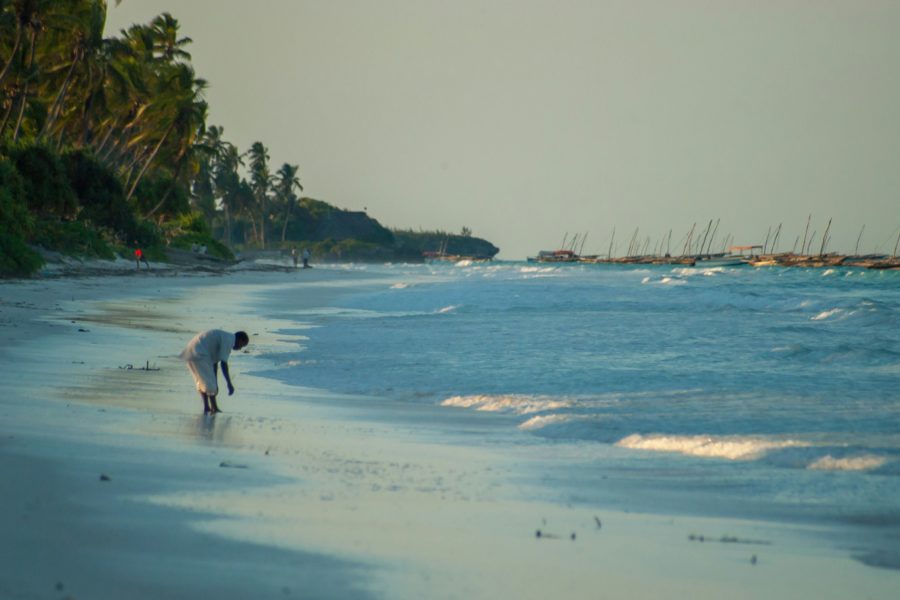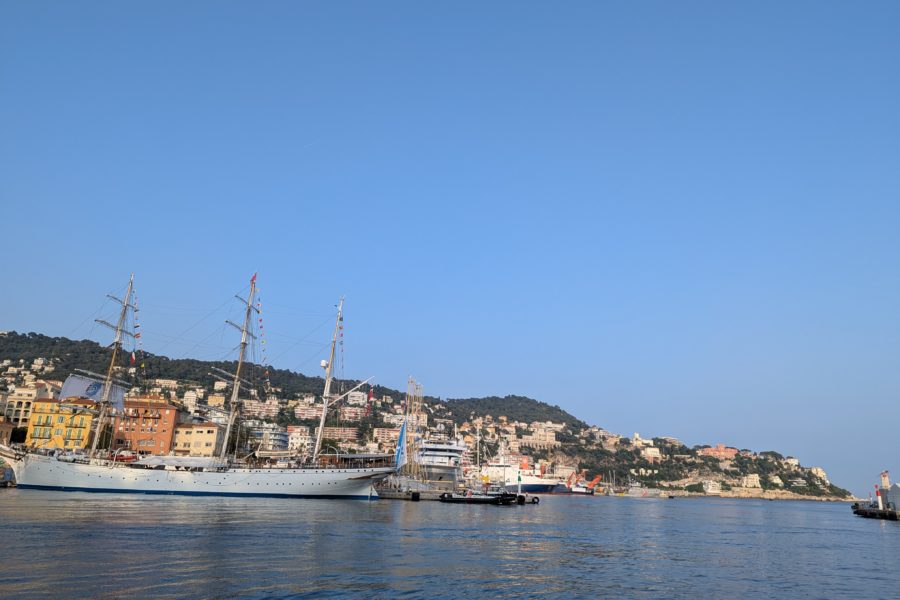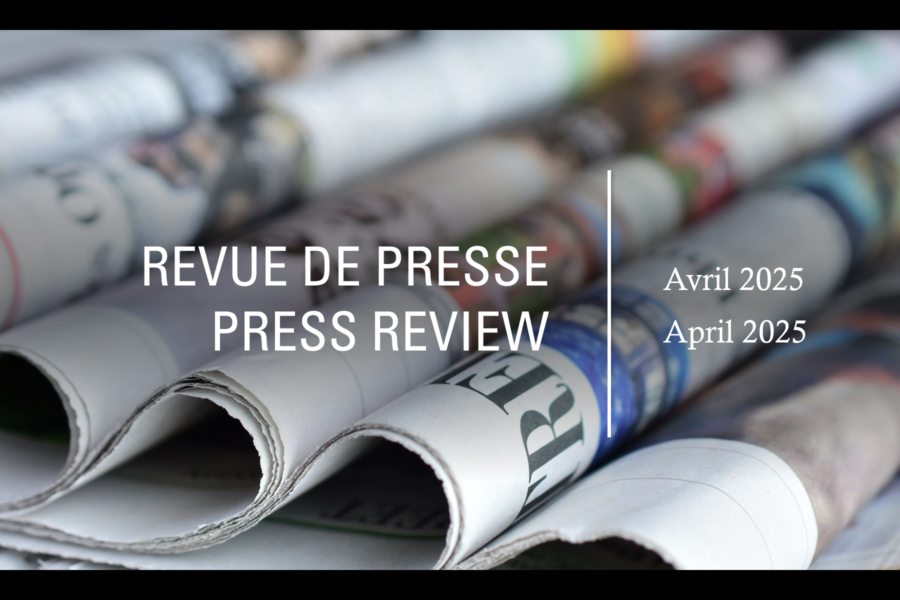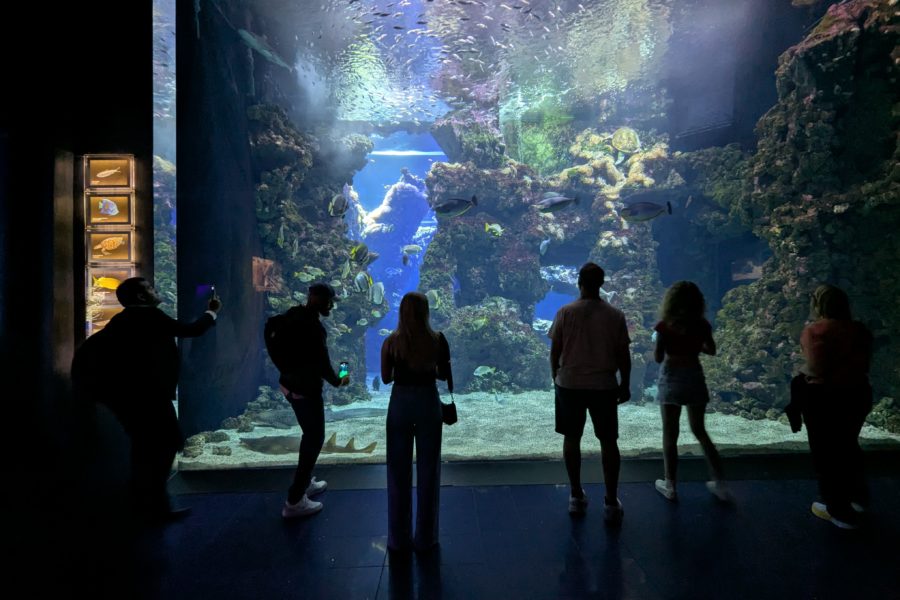As part of the preparations for the 3rd United Nations Conference on the Oceans (UNOC 3, to be held in Nice from 9 to 13 June 2025), Africa 21 is organising a series of activities to prepare African journalists for this very important event on SDG 14.
The first of these activities is a workshop in English and in hybrid format for journalists from the Indian Ocean region, which will take place from 10 to 14 March 2025 in Stone Town, Zanzibar.
This activity is being organised in partnership with :
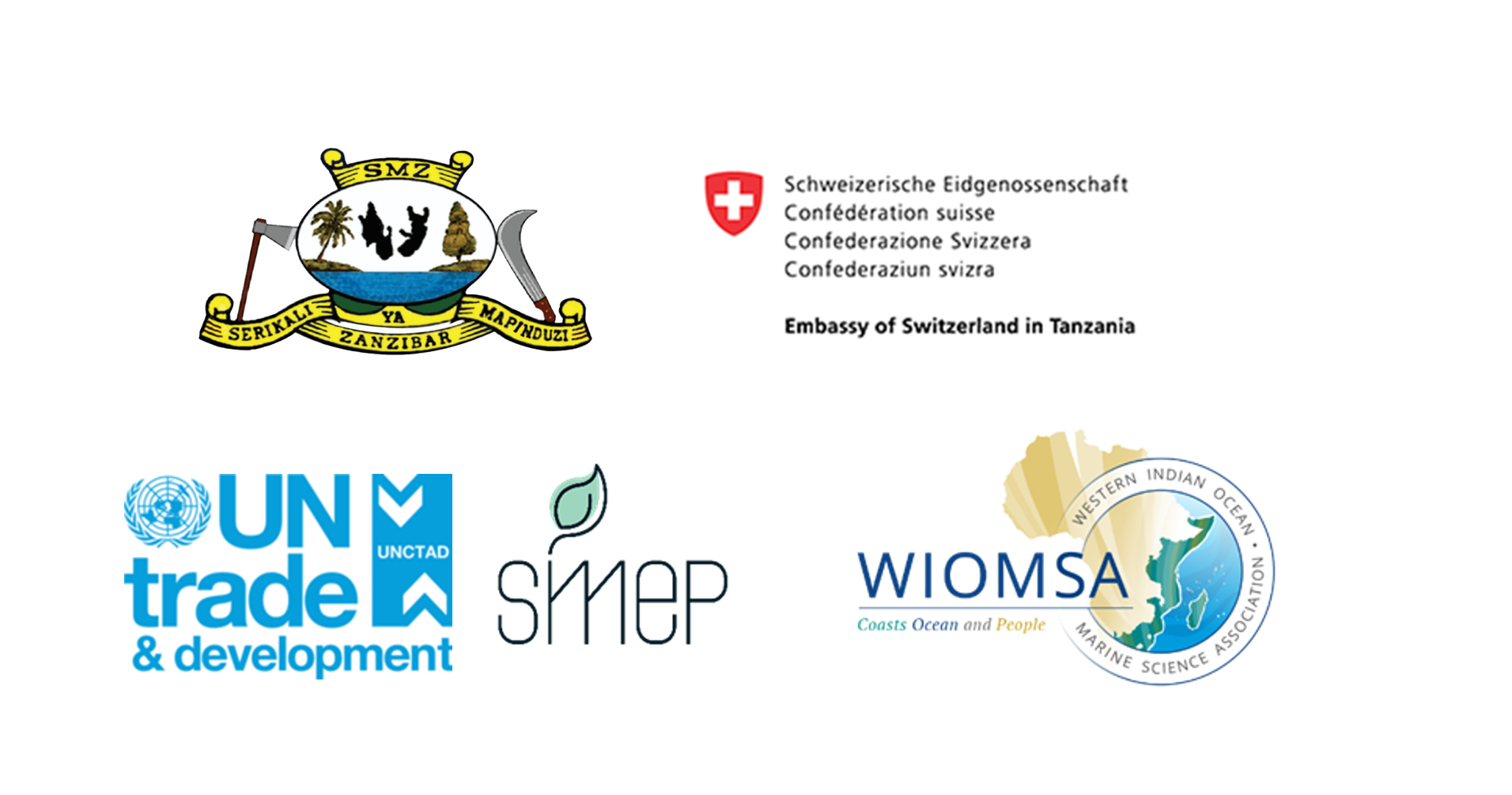
If you would like to take part in some or all of the sessions online, please register using the form to receive the Zoom connection links: please click here.
The provisional programme is as follows (GMT+3):
Monday, March 10, 2025
- 10:00-10:40 Welcome from partners / Presentation of workshop and objectives to journalists
- Welcome words from Captain Hamad, Principle secretary, Ministry of Blue Economy & Fisheries, Zanzibar
To access to the document, click here. - Welcome words from Consuelo Natale, Head Governance, Embassy of Switzerland
To access to the document, click here.
- Welcome words from Captain Hamad, Principle secretary, Ministry of Blue Economy & Fisheries, Zanzibar
- 11:00-12:15 Introductory session 1 – Challenges and issues facing the coastal islands and countries of the African Indian Ocean in terms of development and climate change
- Barkha Mossaë, Regenerative Blue Economy Manager, IUCN (online)
To access the presentation, click here. - Omar Saleh Mohamed, Coordination Officer, Ministry of Blue Economy, Zanzibar
To access the presentation, click here. - Joseph Tuyishimire, Africa Coastlines service to inform climate actions in the Indian Ocean Region, Digital Earth Africa (online)
To access the presentation, click here.
- Barkha Mossaë, Regenerative Blue Economy Manager, IUCN (online)
- 14:00-16:00 Session 2 environment part 1 – Diversity, richness and fragility of Indian Ocean ecosystems : a socio-economic challenge
- Mahfoudh Haji, chairman of Zanzibar Climate Change Alliance (ZACCA)
- 16:30-17:30 Session 2 environment part 2 – What resources for what development? The blue economy and the circular economy : Definitions, principles and applications
- Sarah Pima, Director at HUDEFO and ACEN Foundation representative: definitions and concepts
To access the presentation, click here.
- Mirko Dunner, UNCTAD: Food and non-food opportunities in seaweed sector
To access the presentation, click here.
- Sarah Pima, Director at HUDEFO and ACEN Foundation representative: definitions and concepts
Tuesday, March 11, 2025
- 10:00-12:30 Session 3 International governance of the circular and blue economy: mapping actors, initiatives and negotiation processes from global to local levels
- Ghaamid Abdulbasat, Regional Ocean Communications Lead, IUCN Eastern and Southern Africa : The great blue wall initiative
To access the presentation, Click here.
- Henrique Pacini, UNCTAD: Negotiations on a global treaty on plastic pollution, the regional process in East Africa, and insights from the 5th UN Oceans Forum
To access the presentation,click here.
- Carlotta dal lago, head of business development and plastic project, SUP bill and the plastic legislative framework in East Africa (online)
To access the presentation, click here.
- Ghaamid Abdulbasat, Regional Ocean Communications Lead, IUCN Eastern and Southern Africa : The great blue wall initiative
- 14:00-16:00 Session 4 Socio-economic issues: new jobs, new training and changes in the workers’ rights pact
- Sarah Pima, Director at HUDEFO and ACEN Foundation representative
To access the presentation, click here.
- Sarah Pima, Director at HUDEFO and ACEN Foundation representative
Wednesday, March 12, 2025
- 10:00-12:30 Session 5 – Case studies : socio-economic challenges of marine resources
- Flower Msuya, Researcher at Zanzibar Seaweed Cluster Initiative
To access the presentation, click here.
- Makame Chumu Shaalin, Fishery Coordination Officer, Ministry of Blue economy, Zanzibar: sustainable fishing in Zanzibar
To access the presentation, click here.
- Maliehaa Sumar, Digital communications and campaign coordinator The Flipflopi Project
To access the presentation, Click here. - Ali Machano, Member of the Tanzanian Parliament and representative of Zanzibar
- Flower Msuya, Researcher at Zanzibar Seaweed Cluster Initiative
- 14:00 -15:15 Session 6 – Case studies : second-hand textile industry
- Jennifer Wang, Textile Waste and Recycling Management Consultant, UN Trade and Development (Full Cycle Resources Consulting)
To access the presentation, click here.
- Jennifer Wang, Textile Waste and Recycling Management Consultant, UN Trade and Development (Full Cycle Resources Consulting)
- 15:30- 17:00 Visit local initiatives : textile trade at Saateni Market
Thursday, March 13, 2025
A day dedicated to field visits.
- 9:00- 12:00 Visit a local women’s seaweed cooperative: opportunities for local sustainable development and empowerment : Mwani Centre – Paje beach with Mirko Dunner, UNCTAD
- 13:30-18:00 Meeting the managers and curators of a marine protected area in the field: Menai Bay Conservation Area
Friday, March 14, 2025
- 10:00-11:30 Session 7 – Case study: hotel industry
How the tourism industry in Tanzania and Zanzibar is adapting and developing solutions to the effects of climate change and changing tourist demand.
-
- Dr Abuu, State University of Zanzibar : Students Driving Innovation: How the Tourism Industry in Zanzibar is Adapting to Climate Change and Evolving Tourist Demand – A Partnership with the University of Zanzibar (WasteX Lab) and UNDP
- Ilyass Rajab Nassor, Head of Management Division Organization, Zanzibar Commission for Tourism
To access the presentation, click here.
- 11:30 -13:00 Editorial session – presentation of journalists’ work for the journalism competition
- 14:00-15:00 Concluding Session 8 and key remarks on the workshop
- Arthur Tuda, Executive Director, Western Indian Ocean Marine Science Association
- Henrique Pacini, UNCTAD
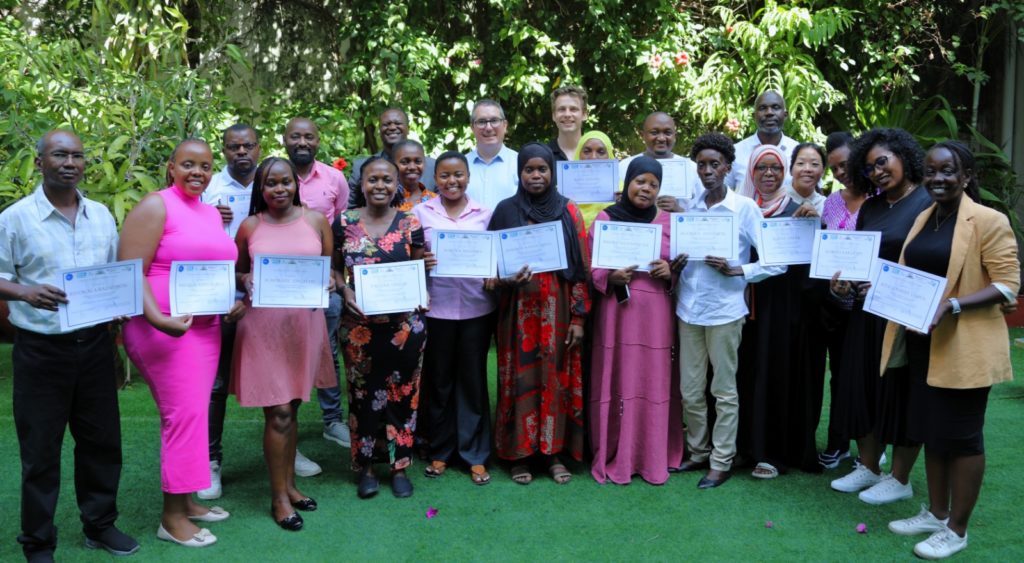
Sources:
SMEP Programme : https://smepprogramme.org/
Digital Earth Africa : https://www.digitalearthafrica.org/
References of studies and databases, on plastics and non-plastic substitutes / seaweed:
https://unctad.org/news/scaling-plastic-substitutes-key-tackling-pollution
Review of trade-related policy measures on non-plastic substitutes:
https://unctad.org/publication/beyond-plastics-review-trade-related-policy-measures-non-plastic-substitutes
Impacts of plastic pollution human health:
https://unctad.org/system/files/information-document/%5B_SMEP_%5D_HumanHealth_26-04-2024.pdf
Plastic substitutes in Africa and South Asia:
https://unctad.org/publication/substitutes-single-use-plastics-sub-saharan-africa-and-south-asia
Biodegradation and compostability standards:
https://unctad.org/system/files/non-official-document/2024_09_30_day_1_master_slide_deck_compressed.pdf
Marine-based plastic substitutes:
https://unctad.org/publication/leaving-shore-marine-based-substitutes-and-alternatives-plastics
Plastic substitutes (new report):
https://unctad.org/publication/plastic-pollution-pressing-case-natural-and-environmentally-friendly-substitutes
multilateral action on plastic pollution:
https://unctad.org/es/isar/news/how-build-concerted-multilateral-action-plastic-pollution#:~:text=Devising%20coherent%20multilateral%20action&text=A%20start%20could%20be%20to,regulate%20trade%20in%20plastic%20waste
INC Negotiations (including latest text)
https://www.unep.org/inc-plastic-pollution/session-5
EAC single use plastic ban bill:
https://unctad.org/system/files/non-official-document/ditc-ted-12112023-preINC3-plastics-projectSUP.pdf
